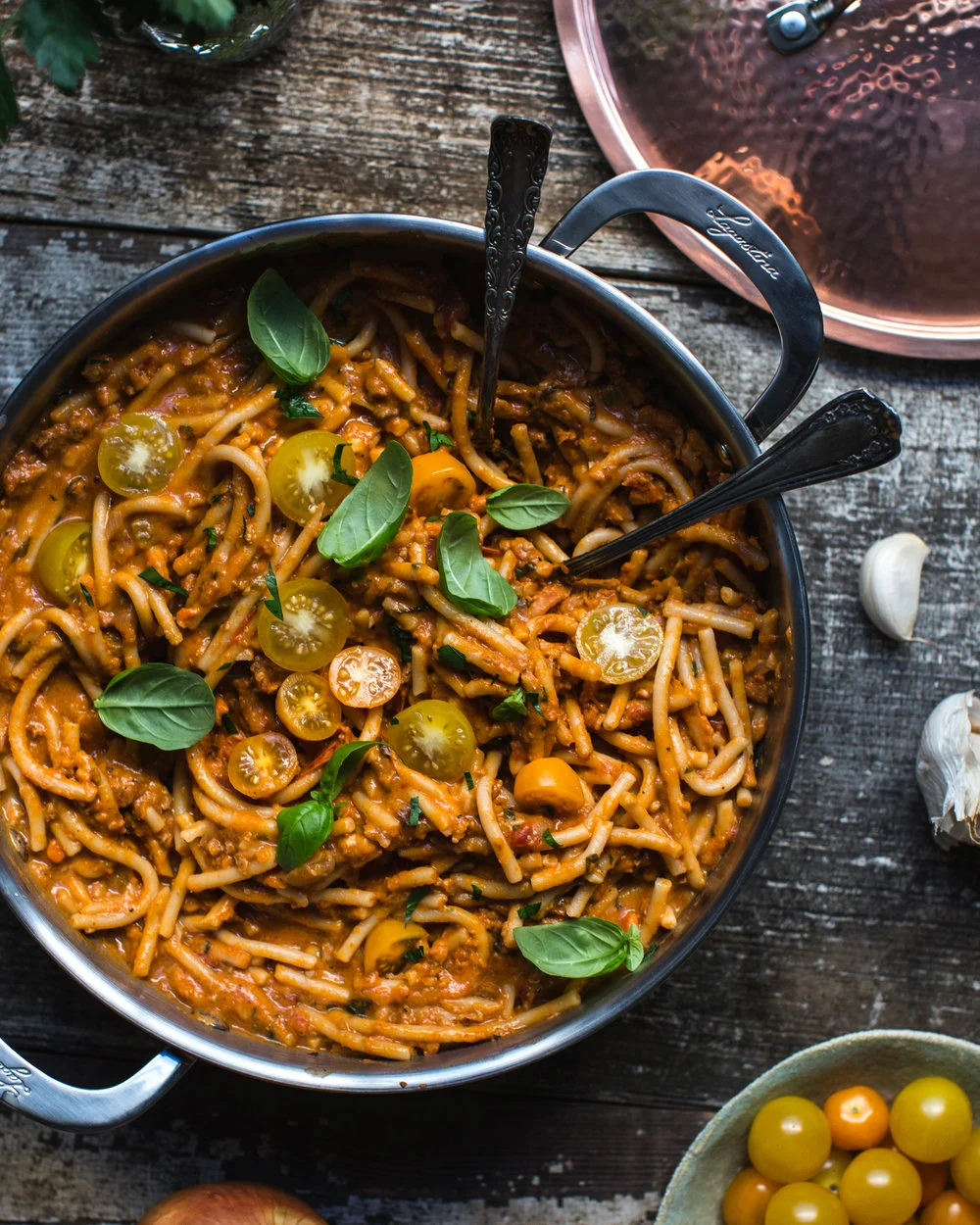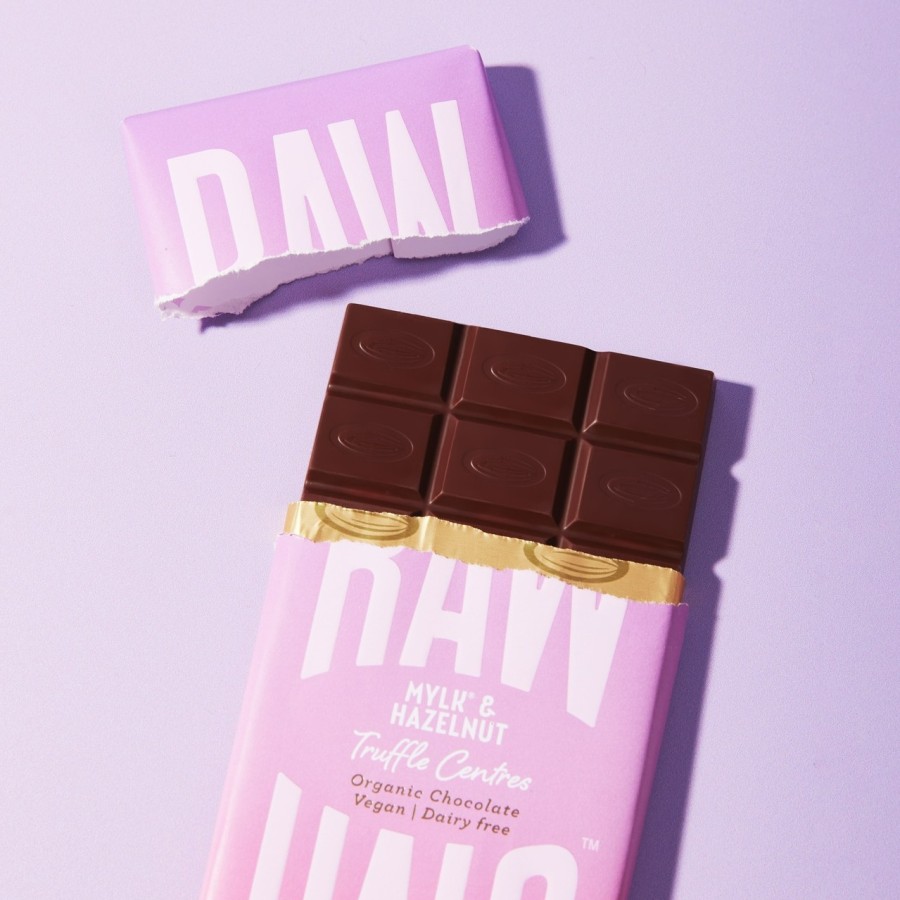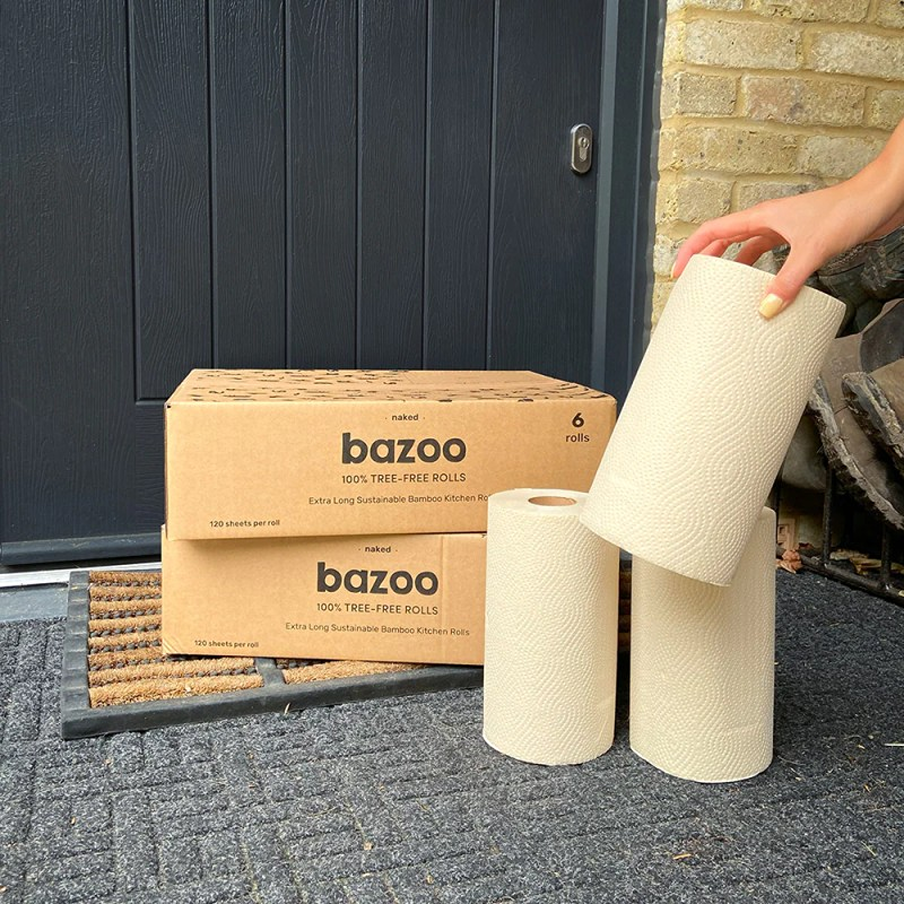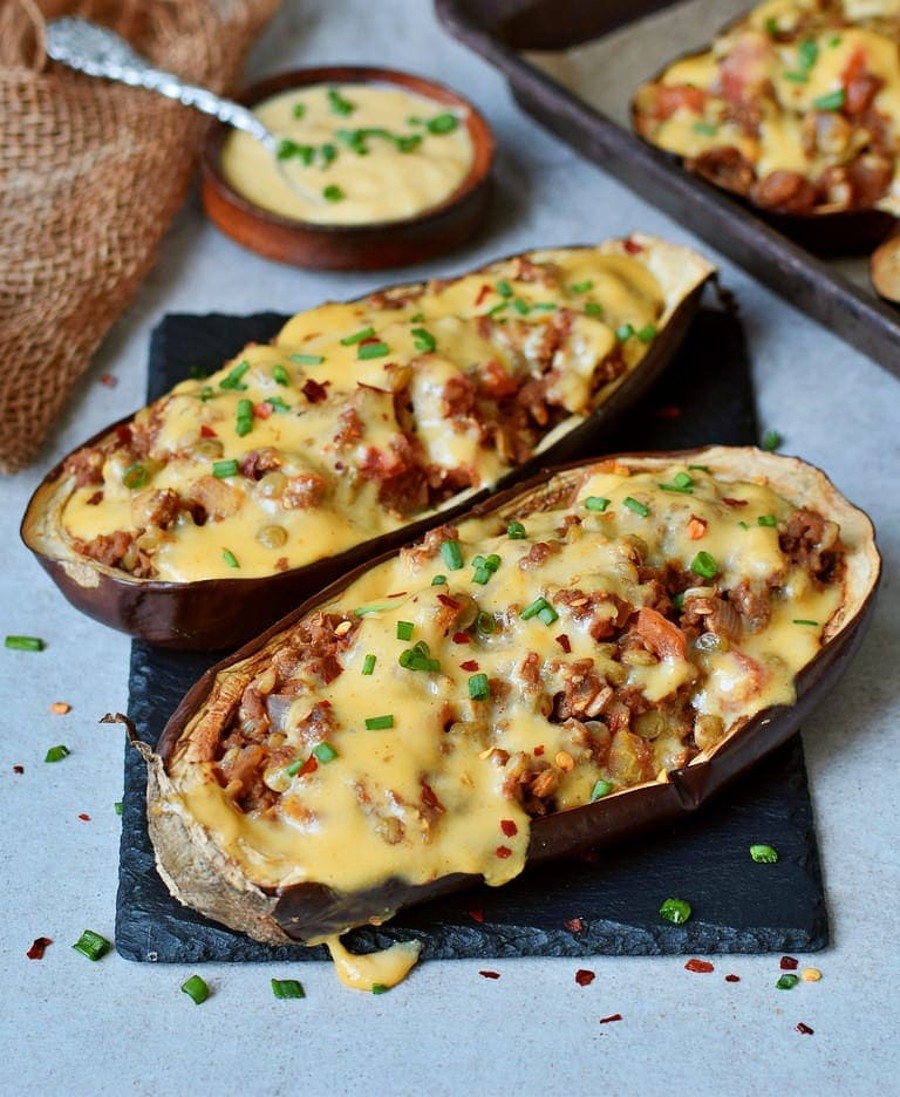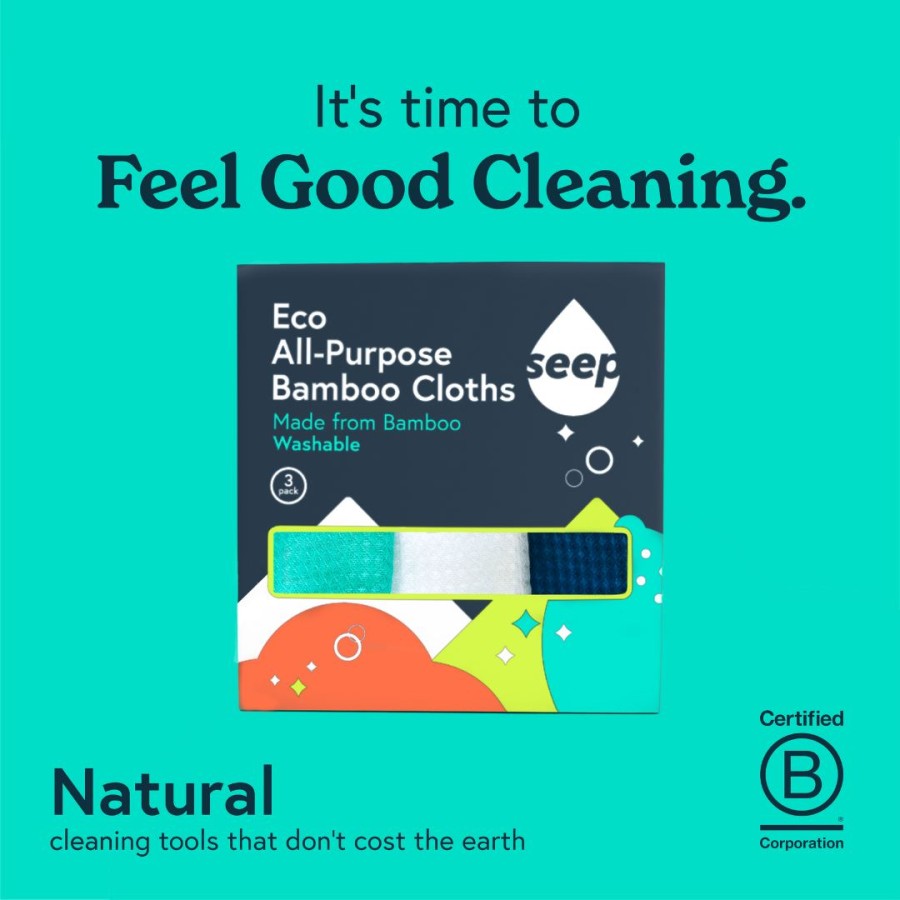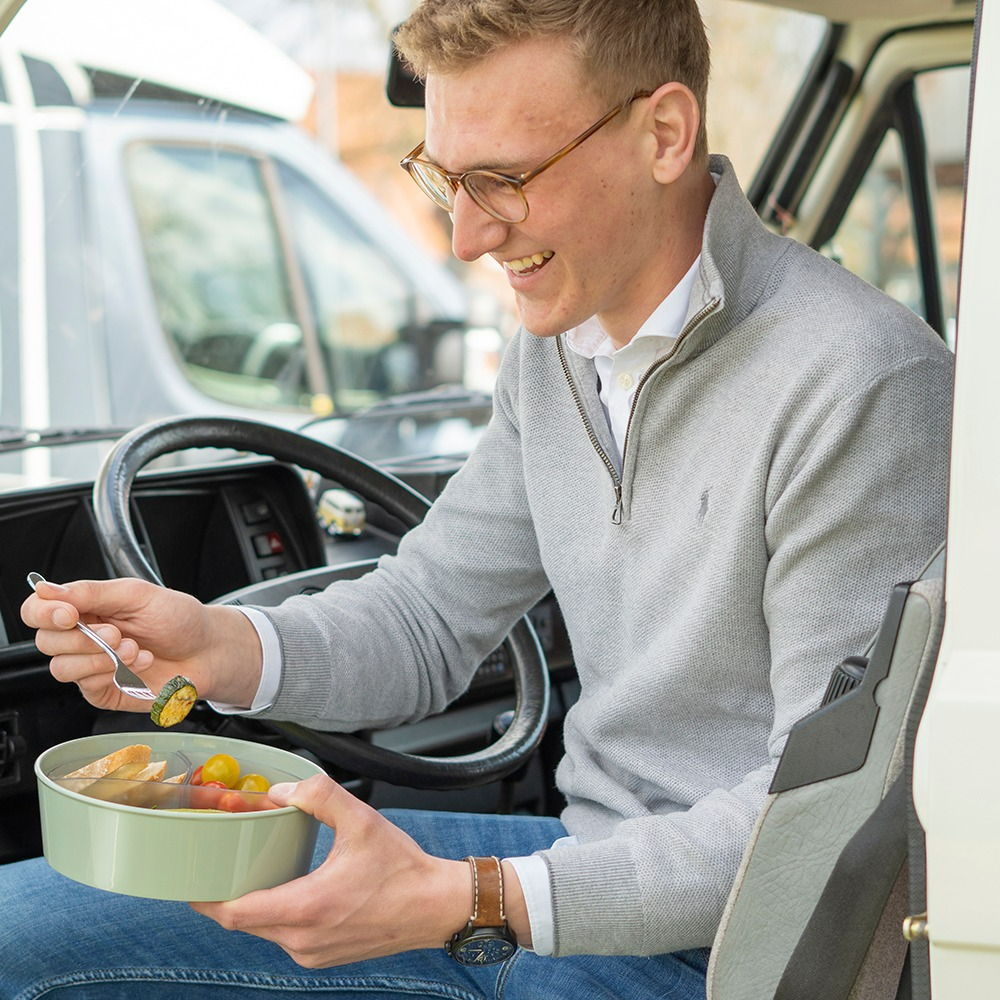
Carers do a heroic job looking after relatives, friends and clients. But nearly every aspect of daily life then has to be adapted. This includes crockery and cutlery, as conventional items may be dangerous due to glass or hot liquids/food spilling from unsteady hands. People with MS, Parkinson’s, stroke or dementia often have a combination of difficulties from numbness and tingling to shaking and amnesia. Items that are brightly-coloured and easy-to-use not only encourage safety and nutrition, but are more inclusive, enabling the patients to eat with others, promoting dignity.
ORNAMIN (Germany) is a climate-neutral company that produces sustainable crockery and cups. The difference is that the range is designed to help people with disabilities and illness, with special features to help avoid spills and to make eating and drinking easier, for those who find it difficult. These features are hidden inside, so people with Parkinson’s, MS or stroke can eat normally again, even if they have swallowing difficulties (obviously don’t eat choking hazard foods), impaired vision, stiff fingers, shaky hands or tingling in the arms, legs and trunk.
Examples are plates with sloped bases, two-handled mugs with internal cones, non-slip cups and lipped trays. These items are also good when recuperating from broken bones (or older people who find it difficult to lift heavy plates and cups). Sold wholesale to nursing homes and hospitals.
brightly-coloured crockery for dementia patients
It’s known that bright colours encourages people to eat more, so choosing such items is a good idea for dementia patients, who often forget to eat and drink. Eat Well (invented by the granddaughter of a dementia patient) is similar, offering cups with rubber bases, and trays to clip an apron on the edge (to catch dropped food and prevent clothing stains).
more kitchen-friendly aids for patients and carers
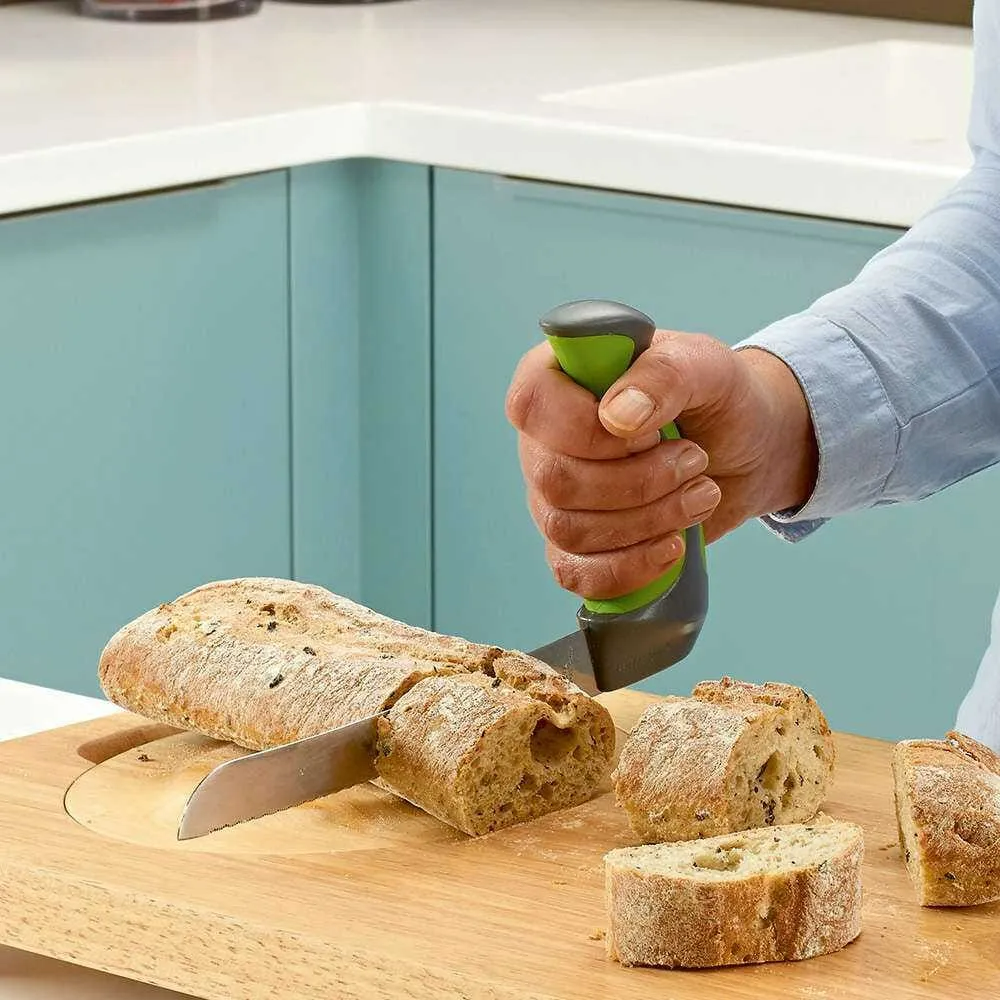
Ensure your kettle has a ‘tipper’ that lets you pour water without lifting the kettle up. This can help to reduce spills and burns. Built-in water taps are good, but are usually too expensive for the average person.
Easi-Grip knives have long-lasting stainless steel blades, and a brightly-coloured ‘soft-feel’ non-slip grip, so you don’t need to close your hand as much. The angled handle prevents wrist discomfort and the knife is less likely to twist in wet or greasy conditions.
Make use of disability benefits, as often the government or local councils can offer grants to install adaptations for your kitchen and other areas of the home. These can be used to widen doors, instsall ramps or grab rails or install heating/lighting controls. There are also Family Fund grants available to help adapt the home for children with disabilities.
preventing dehydration in patients with dementia
Many people with dementia forget to drink (and at a later stage, may be even be scared of running tap water). So it’s important to keep patients hydrated, to avoid added health issues. Droplet is an invention used throughout the NHS and can also be used at home. It’s a lightweight mug that discreetly monitors fluid levels with measuring lines, relatives can record personal messages. The cup then offers an audible reminder (with flashing lights) if someone is not drinking enough.
free meal plans & help for nursing homes
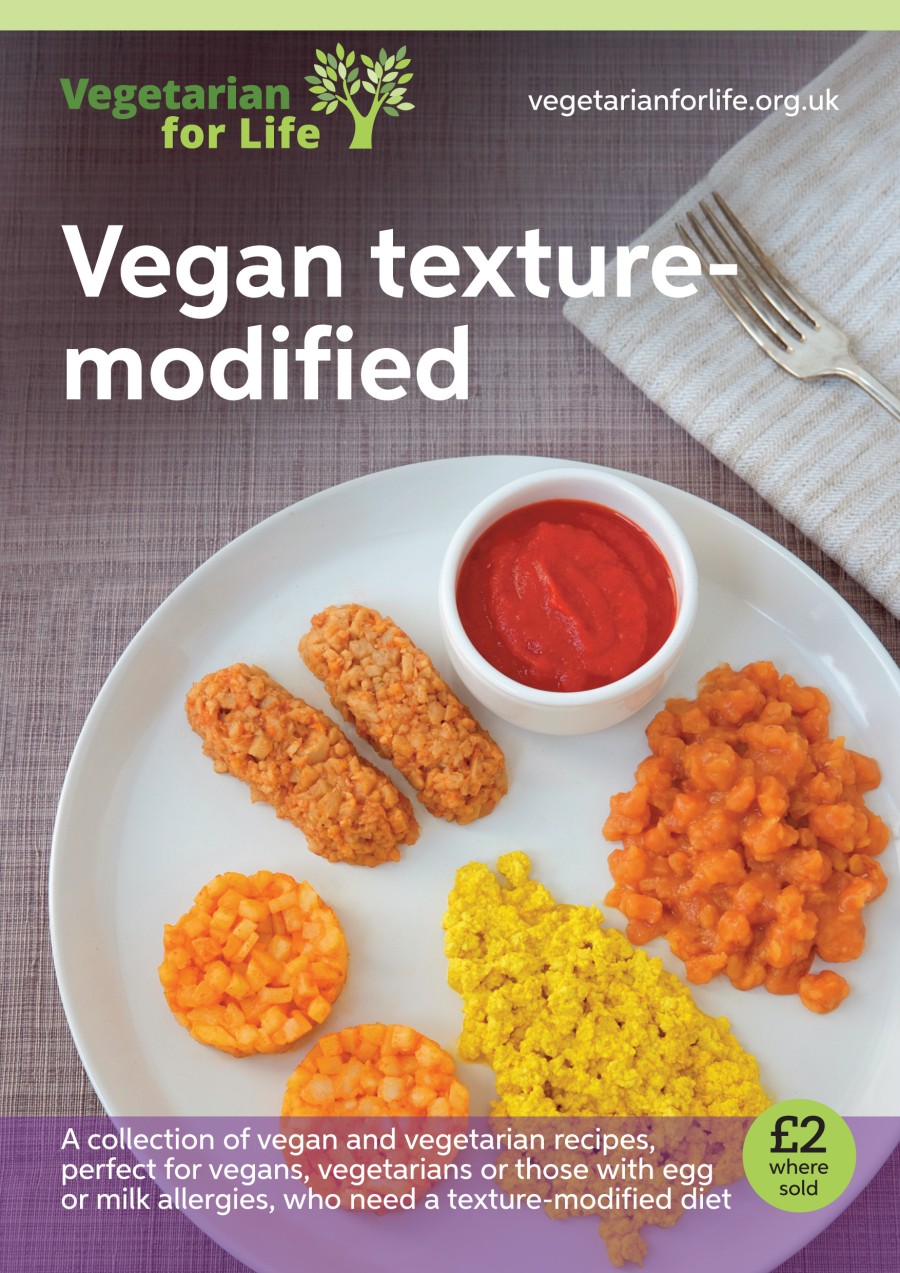
Vegetarian for Life is a charity specifically created to help serve vegans and vegetarians in care homes, hospitals or independent living facilities. Often those preparing meals don’t know how to make veggie options, and it’s also obviously important to ensure that guests or patients receive the right nutrients too with their meals.
Before cooking, read up on food safety for people & pets (many human foods are unsafe around animal friends). Dog-walking charity The Cinnamon Trust holds a list of pet-friendly care homes.
The meal planners offer easy meals that most people will enjoy eating. Examples include:
- Baked potato, baked beans, date & orange salad, fresh fruit
- Lentil & spinach quiche, chips, mixed salad, stewed apple & raisins
- Tomato & basil soup, vegan lemon meringue pie
- Veggie roast, potatoes, jam sponge & custard
- Cottage pie, cabbage, yoghurt & mixed berries
- Chickpea croquettes, chips, salad, rice pudding
- Macaroni soup, bread, banana split
- Vegan ham & salad sandwiches, Victoria sponge
- Pasta bolognese, sweetcorn & beetroot salad, ginger cake
- Cauliflower cheeze, baked potato, peas, apricot blueberry crumble
- Vegan cheese & tomato sandwich, cherry cake
You can also download a free 32-page catering guide and a guide to textured foods, for vegans and vegetarians who are no longer able to eat solid food. Plus grants to help vegans live independently.
plant-based options for hospital stays
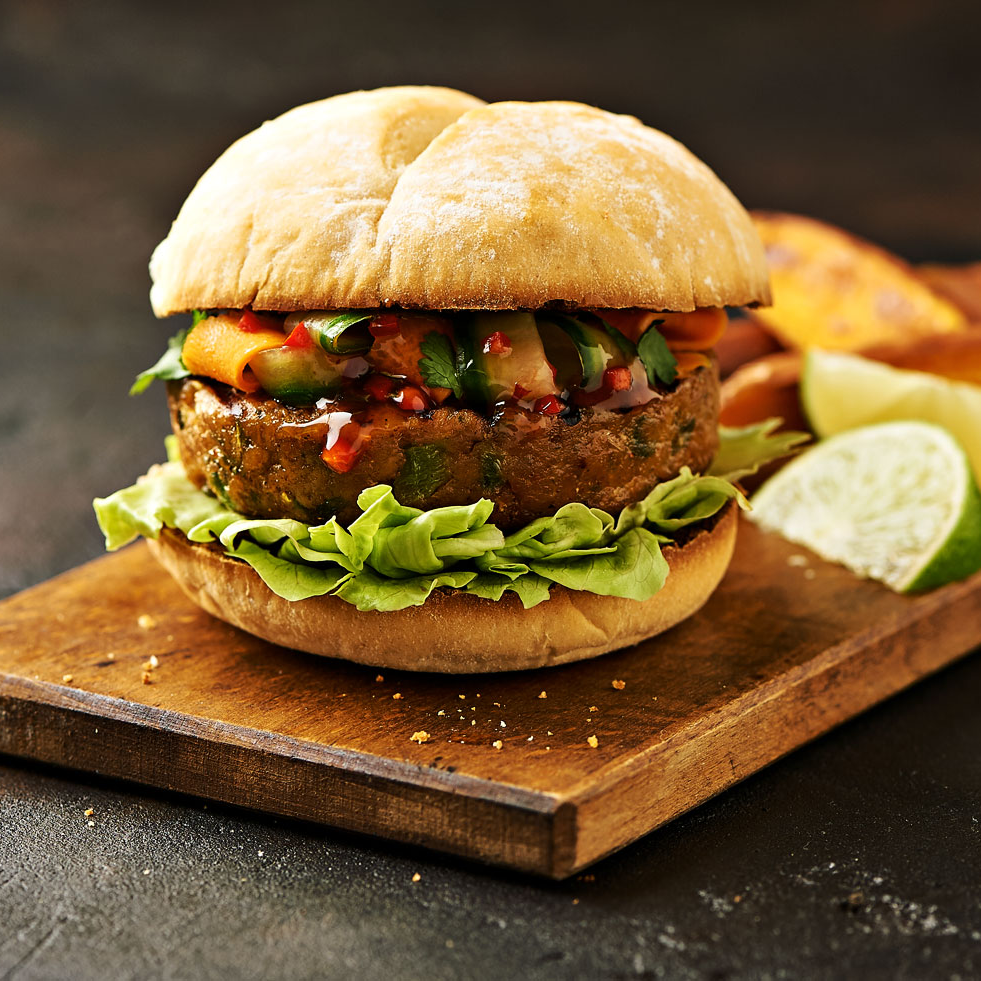
The Devil’s Kitchen is a plant-based food caterer that can offer wholesome meals in sustainable packaging to hospitals, schools and caterers nationwide. Everything is free from soy and the major allergens, with no palm oil. Patients can download template letters before hospital stays, to explain their dietary needs.
In the US, a Californian hospital (and all New York hospitals) now offer vegan food by default, with most patients opting for it, even if they are not vegan or vegetarian. The recipes are also free from gluten and the top 9 allergens, and it also saves money, on not having to provide different meals for everyone. Many African-Americans are also lactose-intolerant, so this also alleviates this issue at source.

